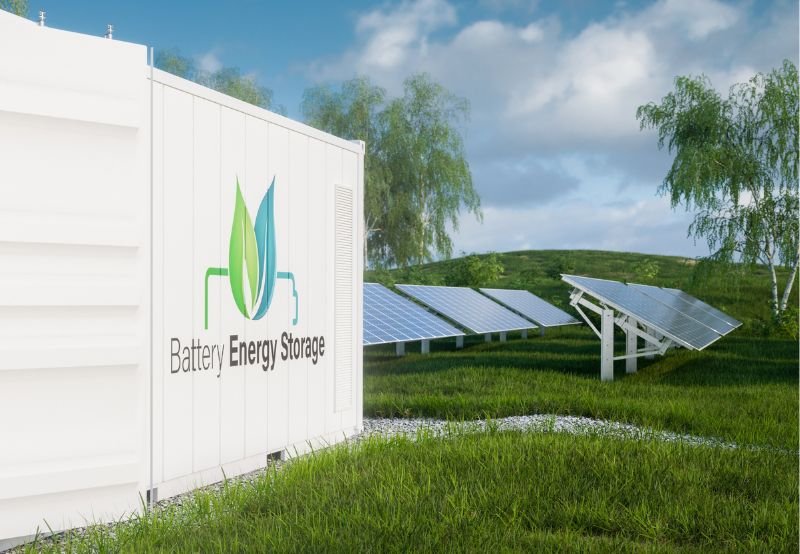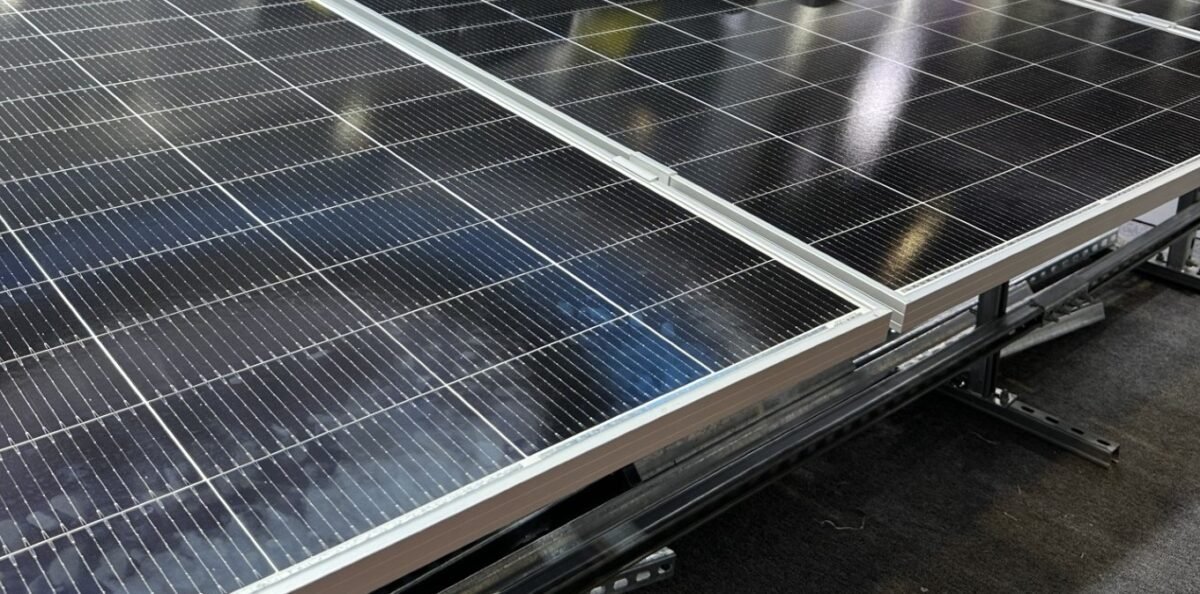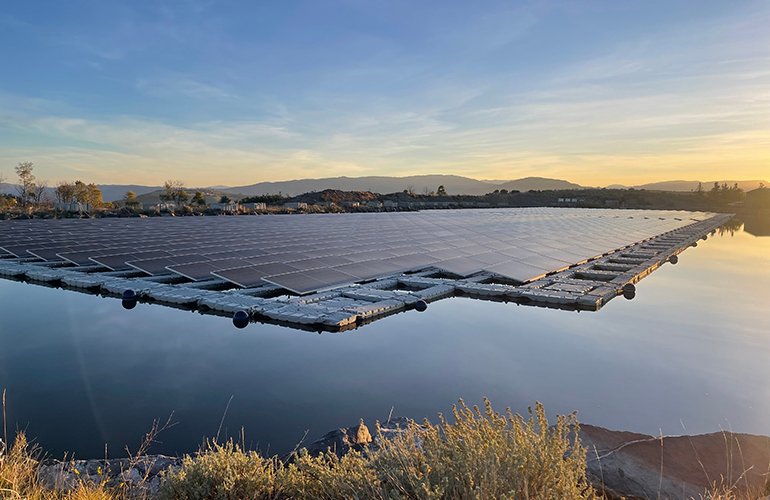India’s Solar Manufacturing Boom Demands Stronger Module Testing Standards
As India accelerates toward ambitious renewable energy targets, solar manufacturing capacity is expanding rapidly. However, industry experts warn that quality control must keep pace with production growth. Kiwa PVEL’s Sishir Garemella recently highlighted this critical issue during a New Delhi summit.
The High Cost of Compromising Solar Panel Reliability
Solar modules represent 25+ year investments, yet some manufacturers prioritize short-term savings over long-term performance. Defective panels may reduce system output by 30% within 5 years, costing operators millions in lost revenue.
Hidden Risks in Accelerated Production
Potential-induced degradation, hotspot formation, and premature wear plague untested modules. Our analysis shows that stringent quality checks during India’s solar manufacturing boom could prevent 12% of early failures.
Global Benchmarks for Solar Module Testing
While Germany’s VDE and Japan’s JET certifications set rigorous standards, India’s testing protocols require modernization. Localized stress tests should account for:
- Monsoon humidity cycles
- Desert sand abrasion
- Tropical UV degradation
Regulatory Roadblocks and Solutions
The Gujarat 2023 pilot demonstrated that pre-certified manufacturers actually accelerated project timelines by 18%. Forward-looking policies like those proposed in the solar cybersecurity guidelines could set new industry standards.
Advanced Testing Technologies
From drone-mounted IR cameras to AI-powered electroluminescence imaging, modern tools can detect micron-level defects. As Garemella noted: “Investing ₹2 crore in testing today prevents ₹20 crore in field failures tomorrow.””






